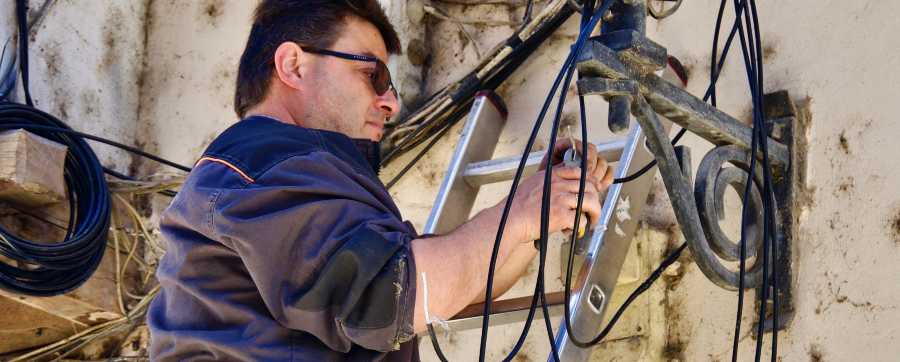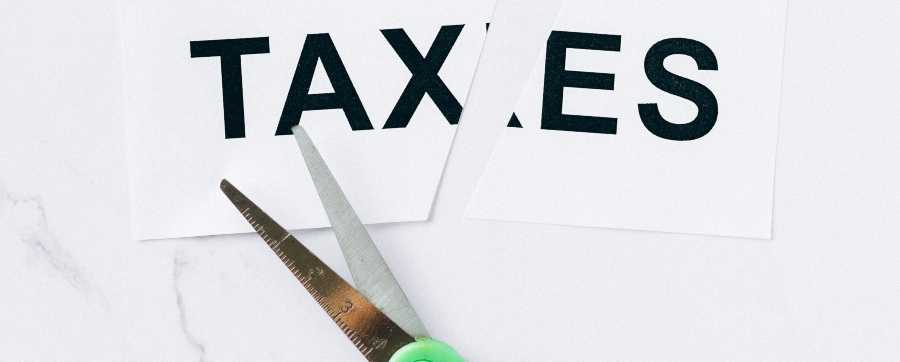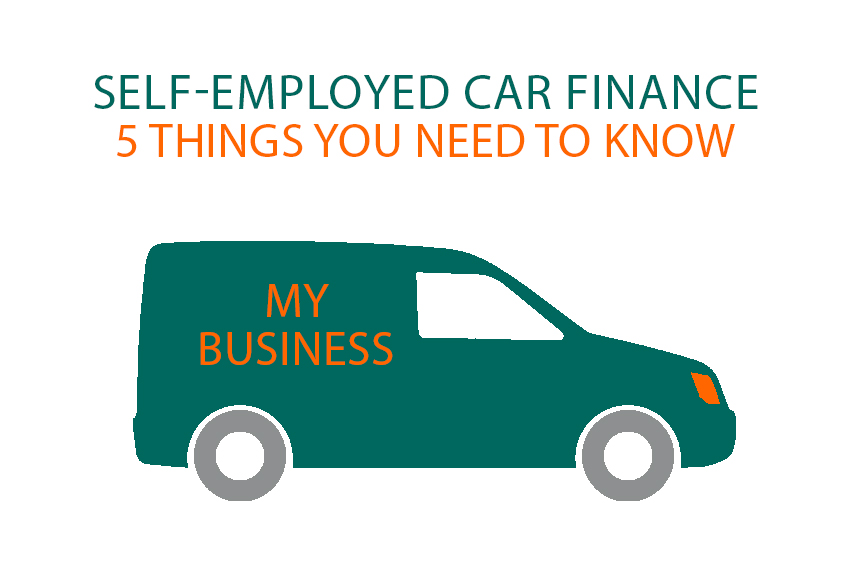Have you just started up your own business? Are you self-employed and looking for a new vehicle that is going to get you to jobs? Perhaps you’re unsure as to whether a vehicle lease is something available to you.
When you’re looking for the ideal vehicle to help your business grow we know that you’ll have questions. We are sure that the question at the top of your list is going to be “Can I lease a vehicle if I’m self-employed?”.

We know that the idea of getting a lease can be rather daunting, finding the right vehicle, applying for the lease, going through the paperwork. And we can help you with all of that. At OSV we can take all the stress of the process away, helping you to get the right vehicle for your business.
1. Can I get car finance if I am self-employed?
Do you run your own business and are wondering if you’re eligible to get car finance? Perhaps you’re looking for a vehicle that you can use to deliver your wares or something that you can use to travel to your next plumbing job.
Whatever your business may be, the chances are you’re looking at this and want to know if, as you’re self-employed, you qualify for car finance through your business. The answer to that question is that yes, you can lease a vehicle through your business.
2. How does self-employed car finance work?
Believe it or not, if you’re applying for car finance through your business, even if you’re self-employed, the process is the same as if you were applying through a larger business.
The first step is to put together a list of what you need from your vehicle, whether you need a van for transporting plumbing materials or a car to impress clients at business meetings.
Now that you have your list of wants and needs where your new vehicle is concerned, get in touch with a vehicle broker, like OSV. We can help you to find a vehicle that meets your business needs and budget.
When you speak with us we can talk you through your contract options. How long you want the vehicle for, what type of contract you want and how the leasing journey will work.
So, how long do you want your vehicle for? Do you want to upgrade regularly? If so, how often?
Once you’ve done all of that it’s time to think about the type of contract you want. There are two options when it comes to business leasing, contract hire and finance lease. We’ll come back to these two options later in the article.
Credit checks
As with any other finance application, the Finance House will carry out a credit check on your business to see if it is able to meet the monthly payments for the vehicle and if you pass this check it’s possible they will ask you to provide them with more information. This includes:
- Your latest set of accounts – which will hopefully show that your business has a positive net worth
- Proof of address
- Proof of ID
You may also be asked to provide a copy of your most recent bank statements.
As long as your credit score is good and the Finance House is confident that you will be able to meet the monthly payments for your lease, then there is no reason why you shouldn’t qualify for vehicle finance.

3. Self-employed car finance and company car tax
This is the moment where we have great news for you if you’re a sole trader or self-employed.
As, if you are, you won’t be liable for any Company Car or Company Van Tax. This definitely works in your favour, but you may be wondering why you don’t have to pay it. Essentially, it’s because, as a sole trader, you and your business aren’t judged as separate entities.

How does Company Car Tax work?
Company Car Tax works on a sliding rate. The amount you’ll pay is worked out using the following information:
- The amount of CO2 the vehicle you drive emits
- the P11d value of the vehicle
- the tax bracket you’re in
If you would like to find out even more about Company Car Tax we have an article outlining all the calculations, costs for this year and going forward.
You can benefit from massive reductions in Company Car Tax if you choose an electric vehicle.
How does Company Van Tax work?
When it comes to vans, the tax works on a fixed rate, which can be hugely beneficial, depending on the vans you choose. Cars work on a sliding rate that depends on the amount of CO2 that the car emits.
If you’re driving a petrol or diesel van then Company Van Tax works on a fixed rate of £3,500. Your annual payments will depend on the personal tax bracket you are in, so if you’re in the 20% bracket you’ll pay 20% of £3,500, which is £700 per year, or £58.34 per month. Of course, if you’re in the 40% tax bracket then you will be paying 40% of £3,500.
If you’ve decided to drive an electric van then, as of April 2021, Company Van tax has been reduced to £0 in an effort to encourage more businesses to drive electric. We have put together an entire section on the benefits of electric vehicles. We have also written a comprehensive article that covers everything you need to know about Company Van Tax if you have more questions.
4. Self-employed car finance with no credit history
If you’ve only just started your business or you don’t have a long credit history it can be a little more difficult to get approval, but it’s not impossible.

As your credit history is the way that the Finance House checks that your business will be able to meet the regular monthly payments, they will ask you to provide more information in order to help your application for finance. As a new business, there are some things that you can do in order to improve your chances of getting your finance application approved and these include providing the Finance House with the following:
- Bank statements that show positive net worth (from the previous three months)
- Valid address(es) and identification for the company director(s)
- An opening balance sheet
You may also be asked to provide them with a realistic cash flow forecast.
The more information you provide, the easier it will be for them to understand your situation and if you are able to meet the monthly lease payments consistently.
5. The best car finance for the self-employed
We briefly touched on the finance options available earlier in the article. As a business, the two best leases for you to choose from are Contract Hire and Finance Lease.
If you decide that you would like to get your vehicle on contract hire then you have the vehicle for a set period of time (between 1 and 4 years – though if you get a van this can be extended to 5 years) and have a pre-agreed annual mileage. At the end of the agreement, you return the vehicle at no additional cost (subject to mileage and condition).
Of course, if you’re looking for vehicle finance that has no mileage or condition restrictions then Finance Lease may be the better option for you. At the start of the agreement, you set a balloon payment amount (this depends on the size of your initial payment and how much you want to pay for the duration of the lease. You lease the vehicle for between 1 and 4 years (5 if it’s a van) and when the agreement ends you settle the balloon payment by selling it to a third party.
Both of these finance options have been designed with businesses in mind and come with pros and cons.
If you’re looking for a van and unlimited mileage is an important item on your requirement list then Finance Lease is the better choice, while the more traditional contract hire is perfect if you’re looking for a vehicle that you can drive, maintain and hand back at the end of your agreement.

Conclusion: What to do now
As you can see, if you’re self-employed or have just started a new company, you can still qualify for a vehicle lease through your business.
Sure, you may have to provide the Finance House with more documents than you would if you decided to lease privately, but this is standard for any business.
Of course, there is an added bonus if you’re a Sole Trader in that you won’t have to pay any Company Car Tax on a vehicle leased for your business.
Now that you know you’re eligible to apply for a business lease as someone who is self-employed, the next step to getting your new business vehicle is just a phone call away.


